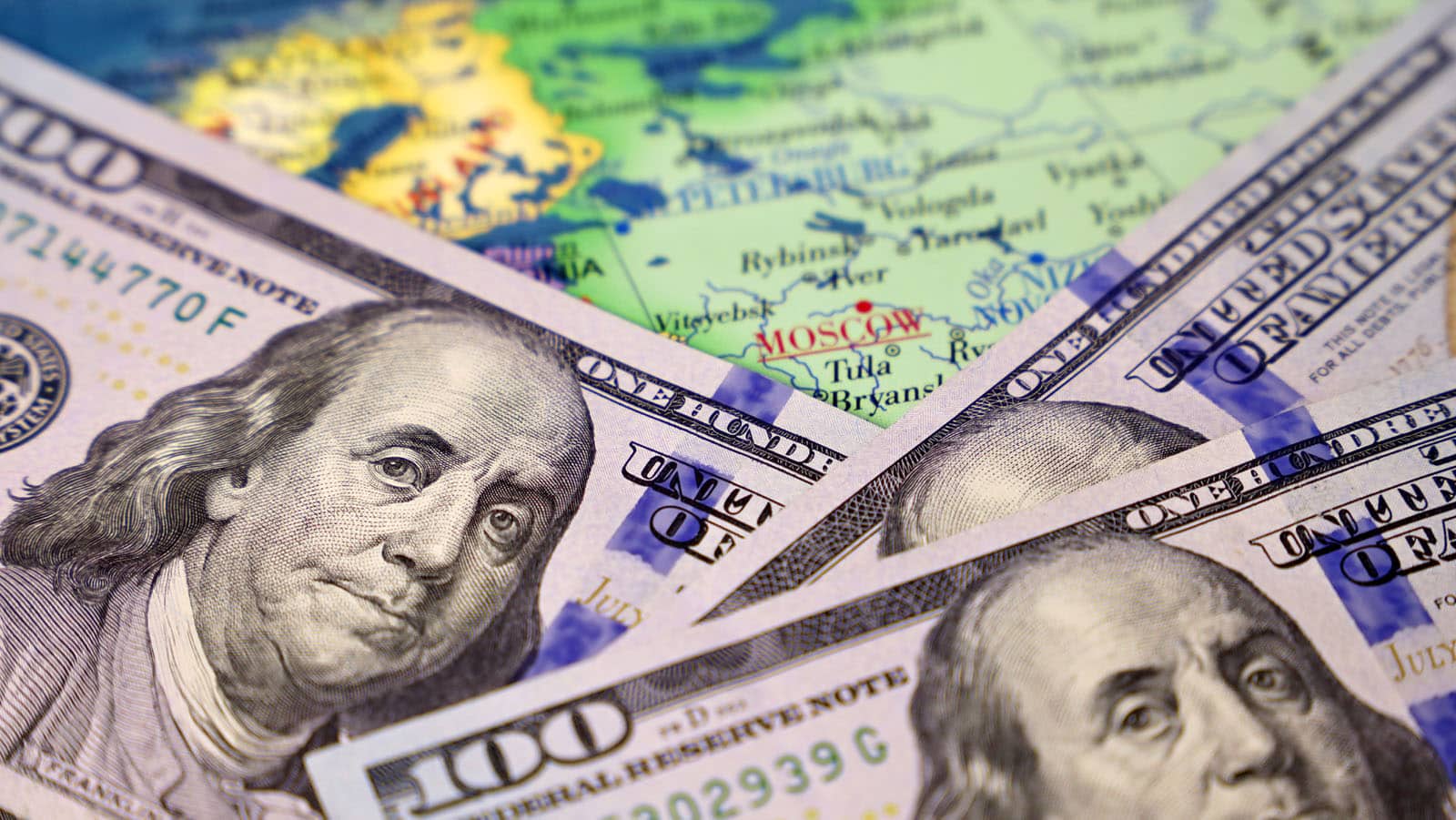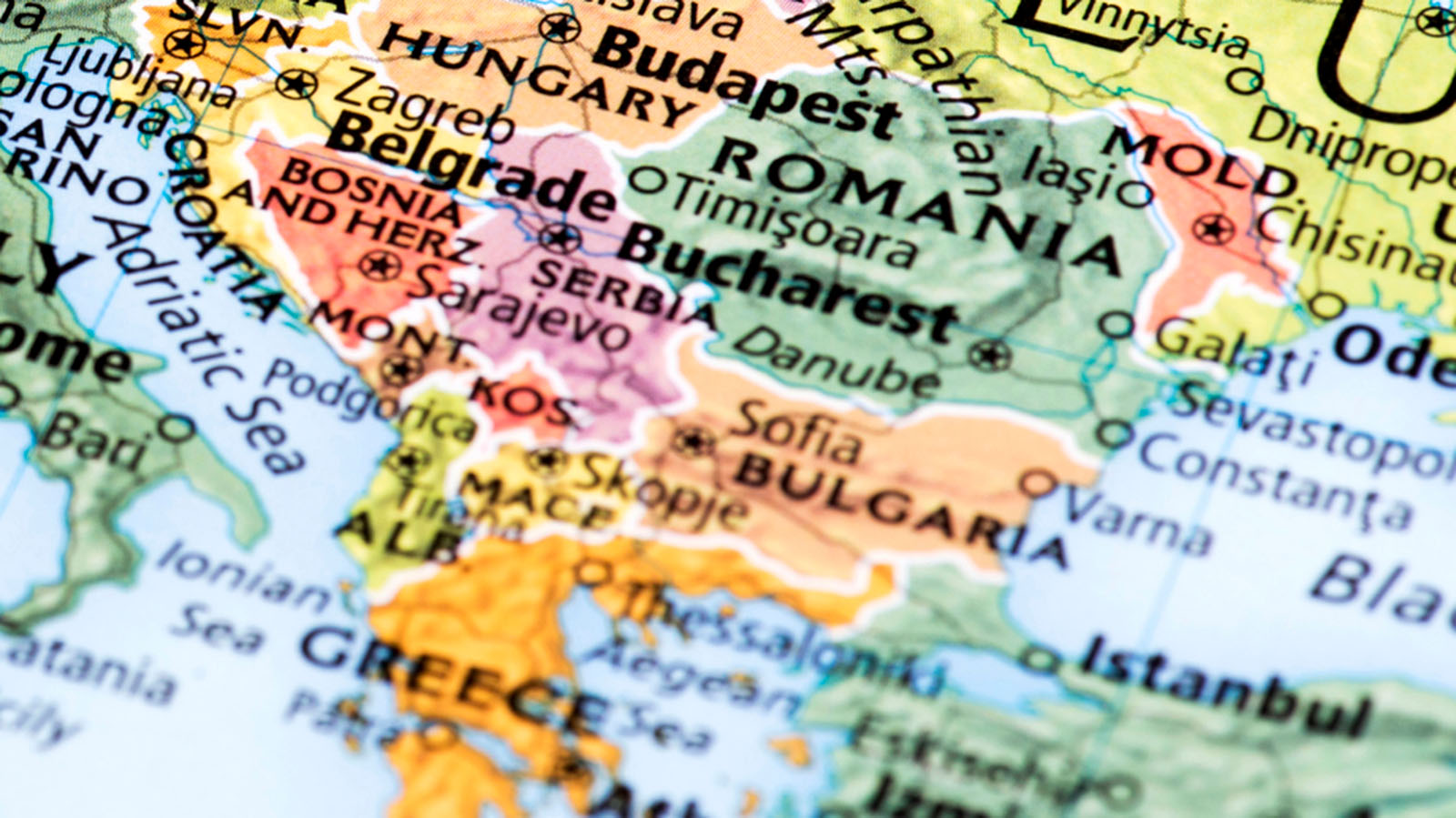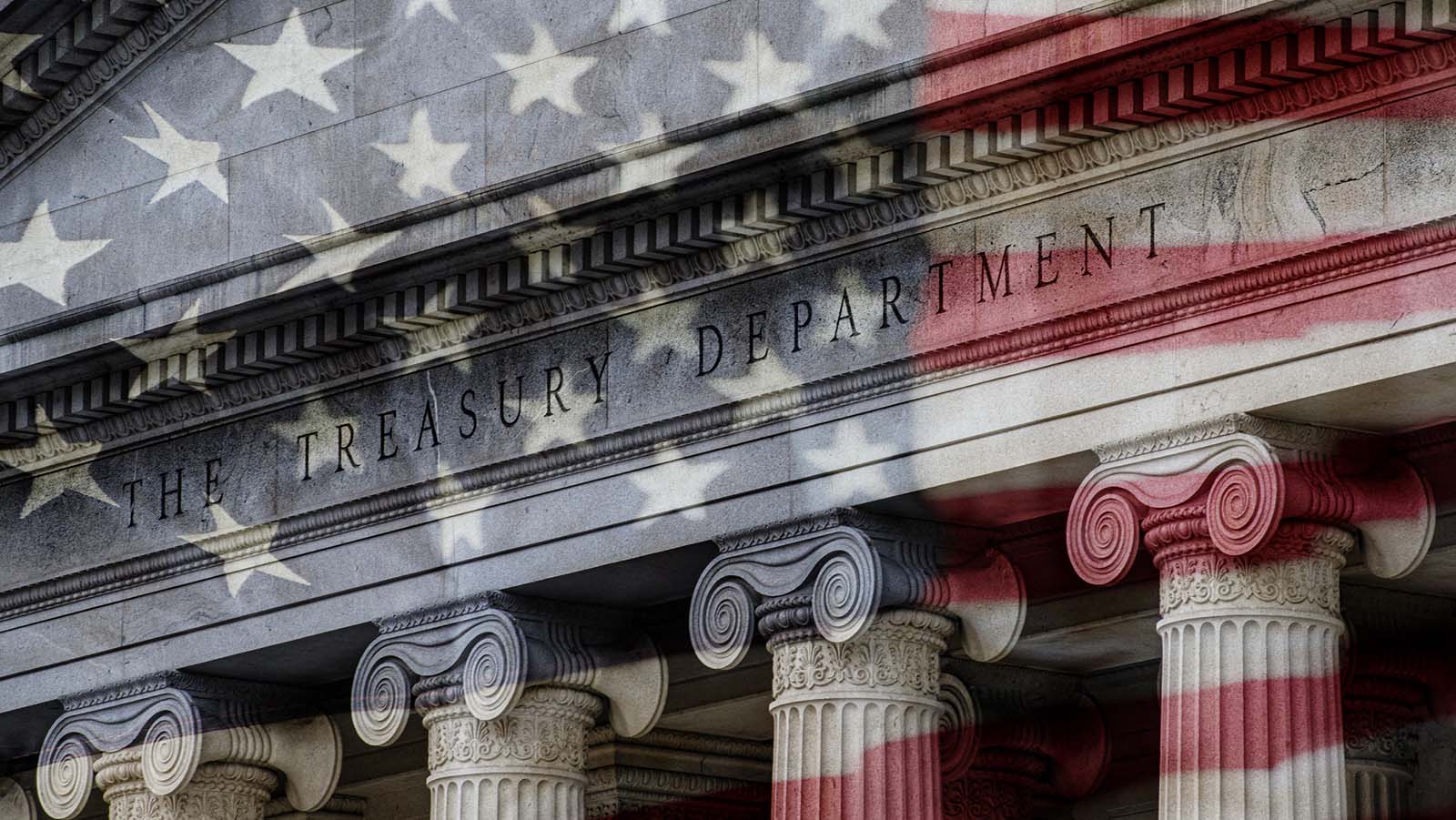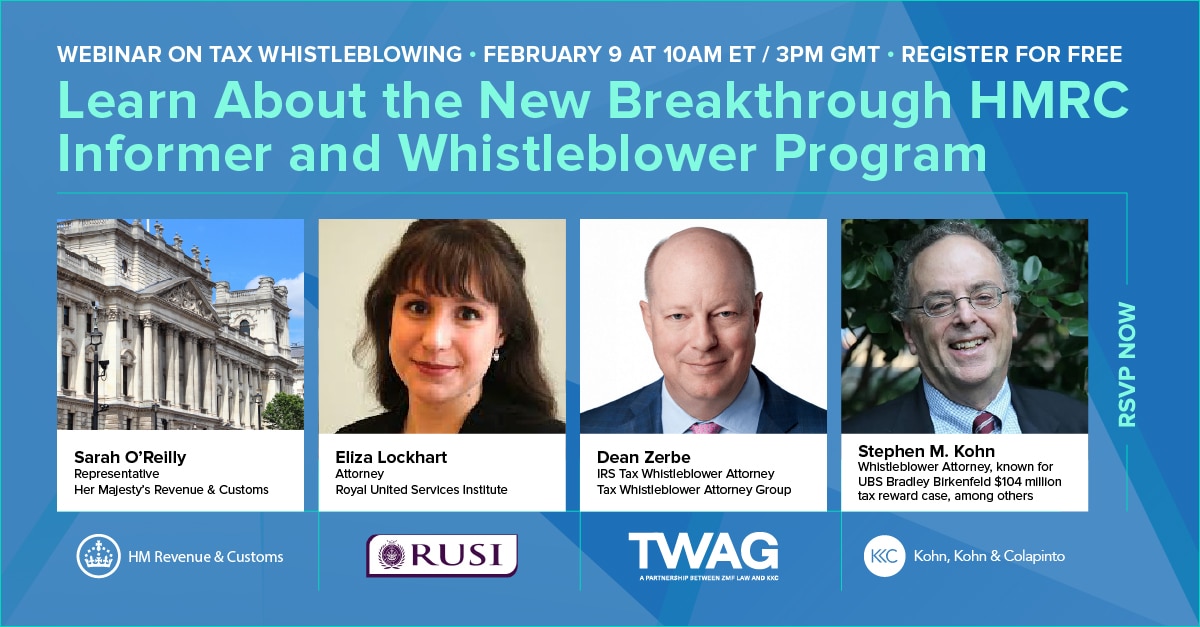Russia-Related Sanctions and Whistleblower Awards
The United States and its allies have imposed significant sanctions on Russia in response to its invasion of Ukraine. This guide provides information on these sanctions, their potential impact, and how anybody can report violations and potentially receive an award under various U.S. laws.
May 14, 2025

This information is provided for educational purposes only by Kohn, Kohn & Colapinto and does not constitute legal advice. No attorney-client relationship is created by accessing this content. Laws and regulations may change, and this material may not reflect the most current legal developments. If you believe you have a whistleblower claim, consult a qualified attorney to discuss your specific circumstances.
The United States, the European Union, and other countries have imposed sanctions to pressure Russia to cease its military aggression against Ukraine.
These sanctions target various sectors of the Russian economy, including finance, energy, technology, and defense. In particular, the sanctions aim to disrupt global evasion networks and target Russian domestic producers of key materials for the military-industrial complex.
Those who violate these sanctions and are found guilty can face severe penalties, including significant fines and criminal charges, which may also include imprisonment, asset forfeiture, and other restrictions. The United States may impose economic sanctions on countries or individuals that enable sanctions evasion, which can restrict access to global markets and financial systems.
Whistleblowers with information about Russian-related violations may report their concerns under FinCEN’s Anti-money Laundering and Sanctions Whistleblower Program. Doing so could qualify them for an award of up to 30% of monetary sanctions obtained in a successful investigation, providing a strong incentive for their actions.
Continue reading this guide to learn more about Russia-related sanctions and what you can do to report sanctions violations and qualify for awards under various U.S. laws.
Understanding Key U.S. Sanctions
Designed to punish Russia for its aggressive behavior, sanctions deter future aggression and support Ukraine. They have had a significant impact on the Russian economy and, in recent years, have limited Russia’s ability to conduct business globally. Below is an overview of the existing sanctions outlined by the U.S. Department of the Treasury.
Russian Harmful Foreign Activities Sanctions
The Russian Harmful Foreign Activities Sanctions, imposed under Executive Order 14024, are a broad set of measures targeting Russia’s economy and key individuals in response to Russia’s invasion of Ukraine. They include:
- Blocking Property: U.S. authorities, such as OFAC and DOJ, can seize the assets of designated Russian individuals and entities within U.S. jurisdiction.
- Prohibition of Transactions: U.S. persons are prohibited from engaging in transactions with Russian individuals and entities on the Specially Designated Nationals (SDN) List.
- Export Controls: The U.S. government has imposed strict export controls on technology and goods that could be used by Russia’s military and defense industry.
- Financial Restrictions: U.S. financial institutions are restricted from doing business with certain Russian banks and financial institutions.
Countering America’s Adversaries Through Sanctions Act of 2017 (CAATSA)
CAATSA is a comprehensive sanctions law that targets Russia, Iran, and North Korea. It imposes sanctions on individuals and entities involved in human rights abuses, corruption, and other malign activities. Key provisions include:
- Sanctions on Russian Officials and Entities: These sanctions target individuals and entities involved in human rights abuses, corruption, and election interference.
- Restrictions on Energy Projects: These restrictions Impose sanctions on entities involved in certain energy projects with Russia.
- Counter-intelligence Measures: Enhancing U.S. counter-intelligence efforts to combat Russian spy efforts (espionage) and cyber threats.
Magnitsky Act
The Magnitsky Act is a U.S. law that imposes sanctions on foreign officials involved in human rights abuses and is named after Sergei Magnitsky, a Russian lawyer who was imprisoned and died in Russian custody after exposing corruption. The Act allows the U.S. government to freeze the assets of human rights abusers and deny them entry into the United States.
Ukraine-/Russia-Related Sanctions
The U.S. and its allies have imposed sanctions on Russia, making it difficult for the country to acquire critical technology and manufacturing equipment that support many sectors.
With constant military pressure against Ukraine, the sanctions aim to hinder Russia’s ability to produce weapons and support its war efforts.
Russia has resorted to complex transnational schemes and illicit procurement networks to obtain resources, including dual-use goods listed on the Common High Priority List.
Latest Sanctions Update
Treasury Takes Aim at Third-Country Sanctions Evaders and Russian Producers Supporting Russia’s Military Industrial Base (October 30, 2024)
The U.S. Treasury Department has sanctions on 275 individuals and entities aiding Russia’s war effort by supplying advanced technology and equipment.
Evasion, Circumvention, and Backfill
These entities are in 17 jurisdictions, including China, India, Switzerland, Thailand, and Turkey.
- Russian Defense Procurement Networks Operating in Turkey
- Sinno Group Procurement Network
- Third-Country Intermediaries Supplying Dual-Use Items
- Trust and Corporate Services Providers (TCSP)
- Ushko Machine Tools Procurement Scheme
- Andrei Duben Mining Equipment Procurement Scheme
- Illicit Microelectronics Network
- Russian Ministry of Defense Contractor Illicit Procurement Scheme
- Russian Marine Sector Procurement
Russia’s Military-Industrial Base
The U.S. Treasury is now targeting over 150 Russian companies in the defense and aerospace industries. These companies produce or procure military equipment, key components, and machinery that Russia uses in its war against Ukraine.
- Materials Sector
- Technology Sector
- Manufacturing Sector
- Aerospace Sector
Implications of These Sanctions
These sanctions have far-reaching implications that aim to impede Russia’s ability to wage war and deter future aggression, including:
- Asset Freezes: all assets of the designated individuals and entities within the U.S. jurisdiction are frozen.
- Transaction Restrictions: U.S. persons are prohibited from engaging in transactions with the designated entities, including providing goods, services, or funds.
- Global Impact: non-U.S. persons are also restricted from facilitating transactions with the designated entities or engaging in activities that evade U.S. sanctions.
- Financial Institutions at Risk: foreign financial institutions that engage in transactions with Russia’s military-industrial complex may face sanctions.
Reporting Sanctions Violations: U.S. Whistleblower Laws
Anyone can report sanctions violations, regardless of citizenship. Whistleblowers can report suspected violations directly to the U.S. Treasury’s financial intelligence and enforcement agency, Office of Foreign Assets Control (OFAC).
This agency administers and enforces economic sanctions programs primarily against countries and groups of individuals, such as terrorists and narcotics traffickers, and those engaged in activities related to the proliferation of weapons of mass destruction
FinCEN is an agency within the U.S. Treasury that collaborates with OFAC. While OFAC’s main job is to enforce sanctions, FINCEN collects and analyzes financial intelligence to combat money laundering, terrorist financing, and other financial crimes.
FinCEN and OFAC share information and intelligence to identify and disrupt illicit financial networks and often collaborate on joint initiatives and investigations to address emerging threats.
Whistleblower Awards
FinCEN’s whistleblower program offers awards to individuals who provide original information leading to successful enforcement actions. This program includes information related to sanctions violations. Whistleblowers who provide credible information about sanctions violations may be eligible for an award of up to 30% of the amount collected because of the enforcement action.
Anti-Retaliation
The new AML program protects whistleblowers from retaliation. This protection means employers cannot take adverse action against a whistleblower for reporting suspected misconduct. Specifically, employers may not terminate employment, demote, harass, or discriminate against a whistleblower in any way.
Anonymity
Whistleblowers can report concerns anonymously through the AML whistleblower program, ensuring strict confidentiality. However, it is recommended that they hire a U.S.-based attorney to navigate the complex process. Consider seeking legal counsel from a law firm with experience in representing whistleblowers who’ve reported money laundering or sanctions violations.
Types of Issues to Report
If you spot and report any one of the below violations, you may be eligible for protection and awards:
- Evasion of Financial Sanctions: Individuals and entities attempting to circumvent financial restrictions by using shell companies, third-party intermediaries, or cryptocurrency transactions to evade financial sanctions. They might also try to transfer funds through sanctioned banks or engage in illicit financial activities on behalf of Russia.
- Export Controls and Dual-Use Goods: companies and individuals may illegally export goods and technologies that could contribute to Russia’s military capabilities. These exports include items with both civilian and military applications, such as electronics or software.
- Sanctioned Entities and Individuals: those engaging in business transactions with Russian individuals or entities on sanctions lists. Or those providing services or support to sanctioned Russian individuals or entities.
- Circumventing Export Controls: Mislabeling goods to evade export controls, shipping goods through third-party countries to avoid detection, or using fronts or shell corporations to disguise the true nature of transactions.
How to Report
Blowing the whistle can be a complex and potentially risky endeavor, and we suggest hiring an attorney before coming forward. Once you’ve hired an attorney, the process of reporting sanctions violations is quite simple and typically involves:
- Submission of Information: The whistleblower, through their attorney, then submits the relevant information to the appropriate department within the Treasury or to OFAC.
- Investigation: The U.S. government will then evaluate the information provided, which may trigger a broader investigation into the alleged violations.
- Determination and Award: If the investigation results in the collection of sanctions above the threshold of $1 million, the whistleblower may be entitled to an award.
Before reporting, we suggest learning more about the Anti-Money Laundering and Sanctions Whistleblower Program to understand your rights.
Seeking Legal Assistance
Collaborating with the National Whistleblower Center and Whistleblower Network News, our team spearheaded a campaign advocating for adopting the Anti-Money Laundering Improvement Act.
The anti-money laundering and sanctions experts at Kohn, Kohn & Colapinto possess deep insights into the dynamic realm of AML guidelines, sanctions regulations, and whistleblower protections.
For further information or to contact KKC’s specialized AML whistleblower counsel, reach out to us for a confidential, no-obligation consultation.
Our Firm’s Cases
Related FAQs
Latest from Our Blog
January 27, 2026





